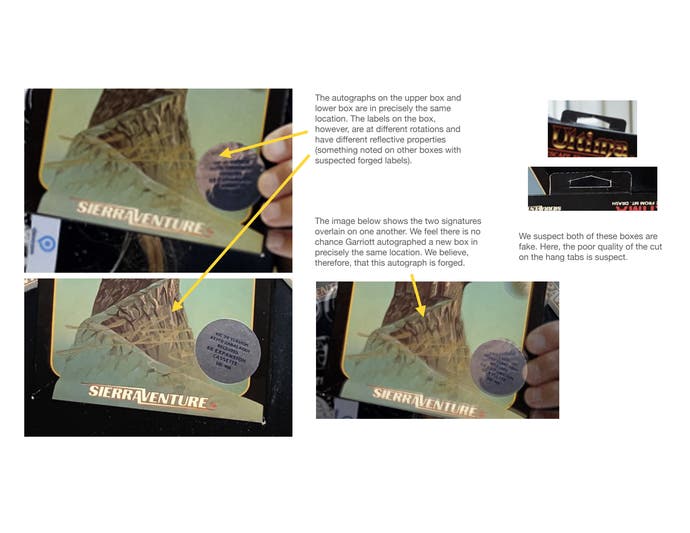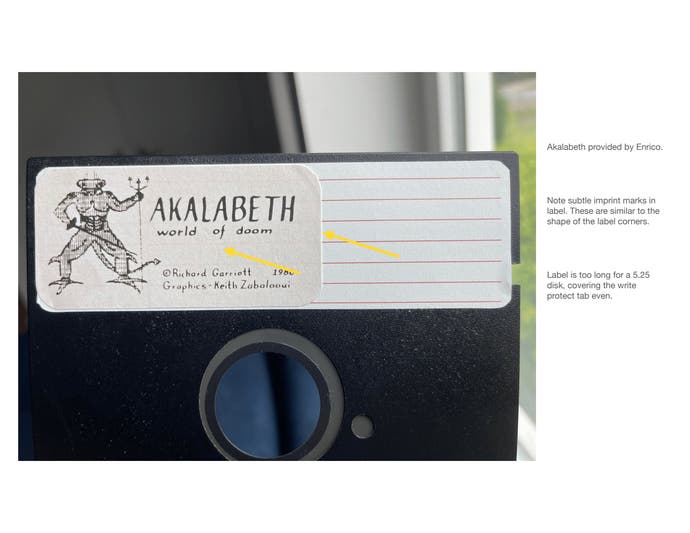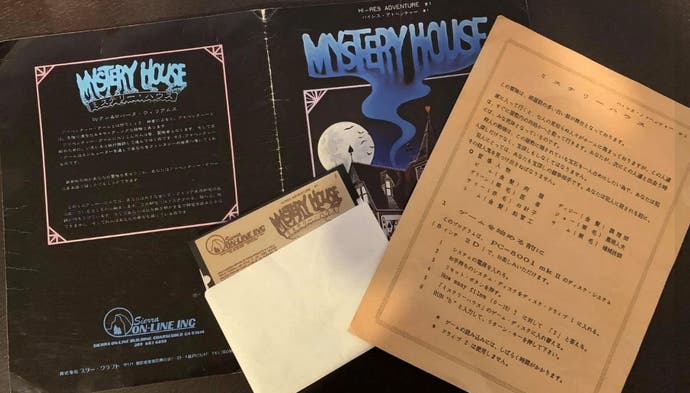Retro game forger discovered after years of sales equating to almost $100k
"I advise to presume they are fake."
A skilled forger has been discovered after years of selling retro games and memorabilia to unsuspecting collectors.
The Big Box PC Game Collectors group has ousted Enrico Ricciardi after several members came forward with counterfeit copies of classic games which they had purchased from Ricciardi.
The group has now shared a public document (via Kotaku) detailing its investigation and subsequent evidence against Ricciardi. This document states: "If you have received games from [Ricciardi], check them closely and compare with known originals. I advise to presume they are fake, because our investigation has unearthed quite a bit more alleged forgeries than real."
This investigation started after one member, simply known as Kevin, purchased Akalabeth, a first release Temple of Apshai, and a Japanese Mystery House (pictured above) from Ricciardi. However, Kevin felt something was off about his new collection, and confronted Ricciardi about their validity.
On doing so, Ricciardi "alluded that the Akalabeth was a fake and should be destroyed."
Following this revelation, Kevin got in touch with other members of the group about their purchases from Ricciardi, where it transpired that "each of these members received what appear to be counterfeit goods". Ouch!
Some of the tell-tale signs that the various games forged by Ricciardi were indeed fake were things such as hang-tab holes on the packaging appearing to be hand cut, printed materials not appearing to be in-line with print processes from the time of a game's release and one colour prints often appearing to be four colour prints.
Oh, yes, and the other giveaway that these games were forgeries: There was no game data on the discs when tested.
You can see some examples of Ricciardi's forgeries below.


Following this investigation, the Big Box PC Game Collectors group have published an "anti-scammers guide" for consumers.


